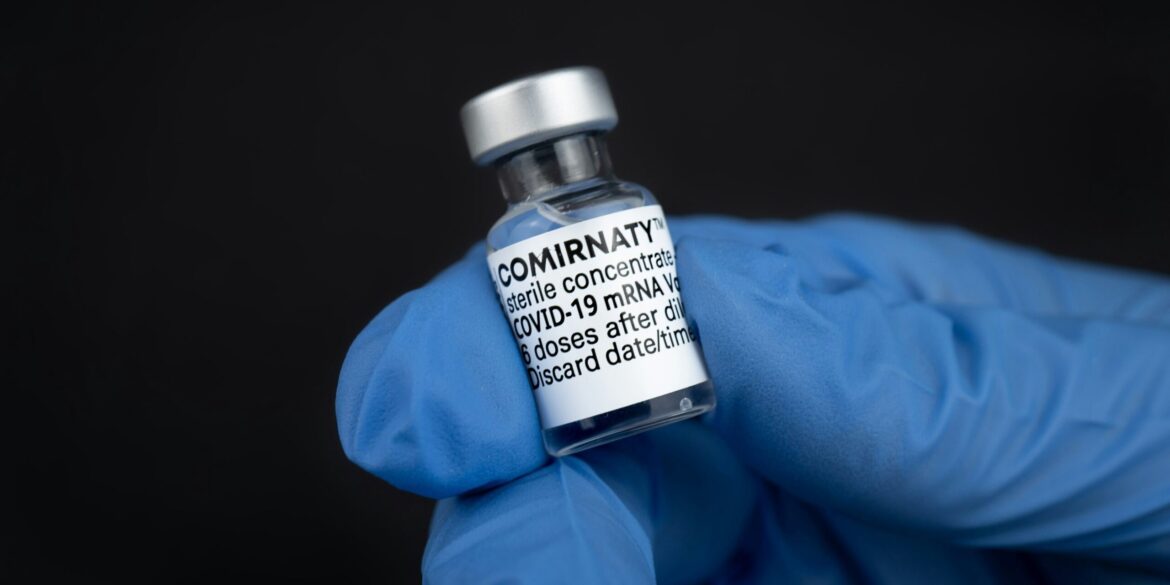In a controversial move aimed at restoring public confidence in vaccine policy, the U.S. Department of Health and Human Services (HHS) announced on June 9, 2025, the dismissal of all 17 members of the Centers for Disease Control and Prevention’s (CDC) Advisory Committee on Immunization Practices (ACIP). The decision, spearheaded by HHS Secretary Robert F. Kennedy Jr., has ignited a fierce debate among public health experts, medical organizations, and policymakers.
A “Clean Sweep” to Address Alleged Conflicts of Interest
Secretary Kennedy, a known vaccine skeptic, justified the mass dismissal as a necessary step to eliminate “persistent conflicts of interest” within the committee and to reestablish public trust in vaccine recommendations. In an op-ed published in The Wall Street Journal, Kennedy criticized the ACIP for functioning as a “rubber stamp” for vaccine approvals and failing to scrutinize vaccine products adequately. He emphasized the need for “radical transparency” and “gold standard science” in guiding public health decisions.
The HHS press release noted that 13 of the 17 committee members were appointed in 2024 by the Biden administration, which would have extended their terms into 2028. Kennedy argued that without removing the current members, the Trump administration would not have been able to appoint a majority of new members until 2028.
Appointment of New Members with Controversial Backgrounds
Following the dismissal, Secretary Kennedy appointed eight new members to the ACIP, including individuals who have publicly expressed skepticism about vaccines. Among the appointees are Dr. Robert Malone, known for promoting vaccine-related conspiracy theories, and Dr. Martin Kulldorff, a co-author of the controversial Great Barrington Declaration. Other appointees include biochemist Robert Malone and academic Retsef Levi, both vocal critics of mainstream COVID-19 vaccination policies. Kennedy asserted that the new members are committed to evidence-based science and free from industry influence.
Backlash from Medical and Public Health Communities
The overhaul has drawn sharp criticism from major medical organizations and public health experts. Dr. Bruce Scott, president of the American Medical Association, stated that the ACIP has been a trusted source of science- and data-driven advice on vaccine use for generations. He warned that the abrupt dismissal undermines that trust and could further fuel the spread of vaccine-preventable illnesses amid declining vaccination rates and ongoing disease outbreaks.
The Infectious Diseases Society of America and the American Academy of Pediatrics also expressed concern, emphasizing that the move could erode public confidence in vaccines and impede efforts to control preventable diseases. Critics argue that the inclusion of vaccine skeptics on the committee may lead to recommendations that are not grounded in rigorous scientific evidence.
Implications for Vaccine Policy and Public Health
The ACIP plays a critical role in shaping U.S. vaccine policy by providing recommendations on the use of vaccines for children and adults. Its guidance influences immunization schedules, insurance coverage, and public health initiatives. The committee’s next meeting is scheduled for June 25–27, where it is expected to vote on recommendations for several vaccines, including those for COVID-19, influenza, and respiratory syncytial virus.
The sudden restructuring raises questions about the future direction of vaccine policy in the United States. Public health experts caution that politicizing the advisory process could compromise the integrity of vaccine recommendations and hinder efforts to combat preventable diseases. As the new committee convenes, stakeholders will be closely monitoring its decisions and the potential impact on public health.

